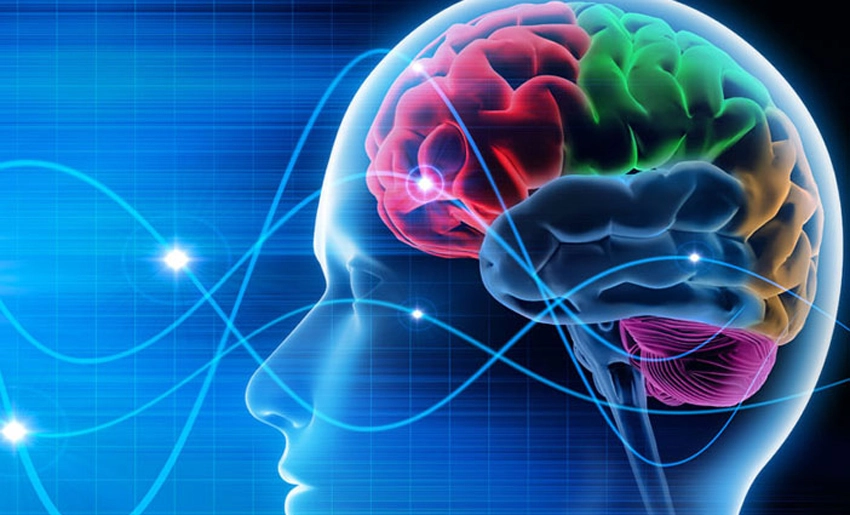Brain stimulation-a booming field that seeks to modulate neural activity to treat various conditions and, in some cases, even improve cognitive abilities-while promising to alleviate the suffering of people with neurological and psychiatric illnesses. Also raises ethical and safety questions that merit in-depth analysis.
What is brain stimulation?
In general terms, it encompasses a series of techniques that use electrical or magnetic impulses to alter the activity of neurons in the brain. Some of the best known include:
– Deep Brain Stimulation (DBS or DBS): Involves the surgical implantation of electrodes in specific regions of the brain to deliver electrical impulses. It is mainly used to treat Parkinson’s disease, essential tremor and dystonia.
– Transcranial Magnetic Stimulation (TMS): Uses magnetic pulses to stimulate or inhibit activity in specific regions of the cerebral cortex. It is a non-invasive technique used to treat depression, migraine and chronic pain. Its use is also being investigated to improve memory and learning.
– Transcranial Direct Current Stimulation (tDCS), which involves applying a weak electrical current through the scalp to modulate neuronal excitability. It is a non-invasive technique used in research to study brain function and in the treatment of depression.
The safety of brain stimulation depends on several factors, including the technique used. The region of the brain stimulated, the intensity of the stimulation and the general health of the patient. As an invasive surgical procedure. It carries risks such as infection, bleeding, stroke and anesthesia-related complications. In the long term, problems may arise with the implanted hardware.
They are generally considered safe when administered under expert medical supervision and following established protocols. However, side effects such as headaches, seizures, skin irritation and temporary mood alterations may occur.
On the other hand, brain stimulation offers a horizon of possibilities for the treatment of various conditions. DBS has been shown to be effective in controlling symptoms of Parkinson’s and other movement disorders. Noninvasive techniques such as TMS and CTE are valuable tools for studying how the brain works and for developing new treatments.
Despite its benefits, brain stimulation also raises concerns. The long-term impact of repeated brain stimulation is still completely unknown. There is a temptation to use it to improve cognitive abilities. Such as memory and attention, in healthy people. This raises ethical questions about equity, access and safety.
Thus, brain stimulation could potentially alter personality, emotions and modo. In healthy or diseased patients. It may or may not be an avenue for improvement, but more work is still needed because of the risks involved.
By: Indira Vania López Samé
Translated by Aliani Rojas Fernández
- Prioritizing Care for Children with Disabilities in Holguin - 28 de February de 2026
- Cuba’s Ministry of Foreign Affairs confirms its willingness to cooperate with the United States in the Villa Clara case - 28 de February de 2026
- Divep Company in Holguin Boosts Industrial Production Plans - 27 de February de 2026

